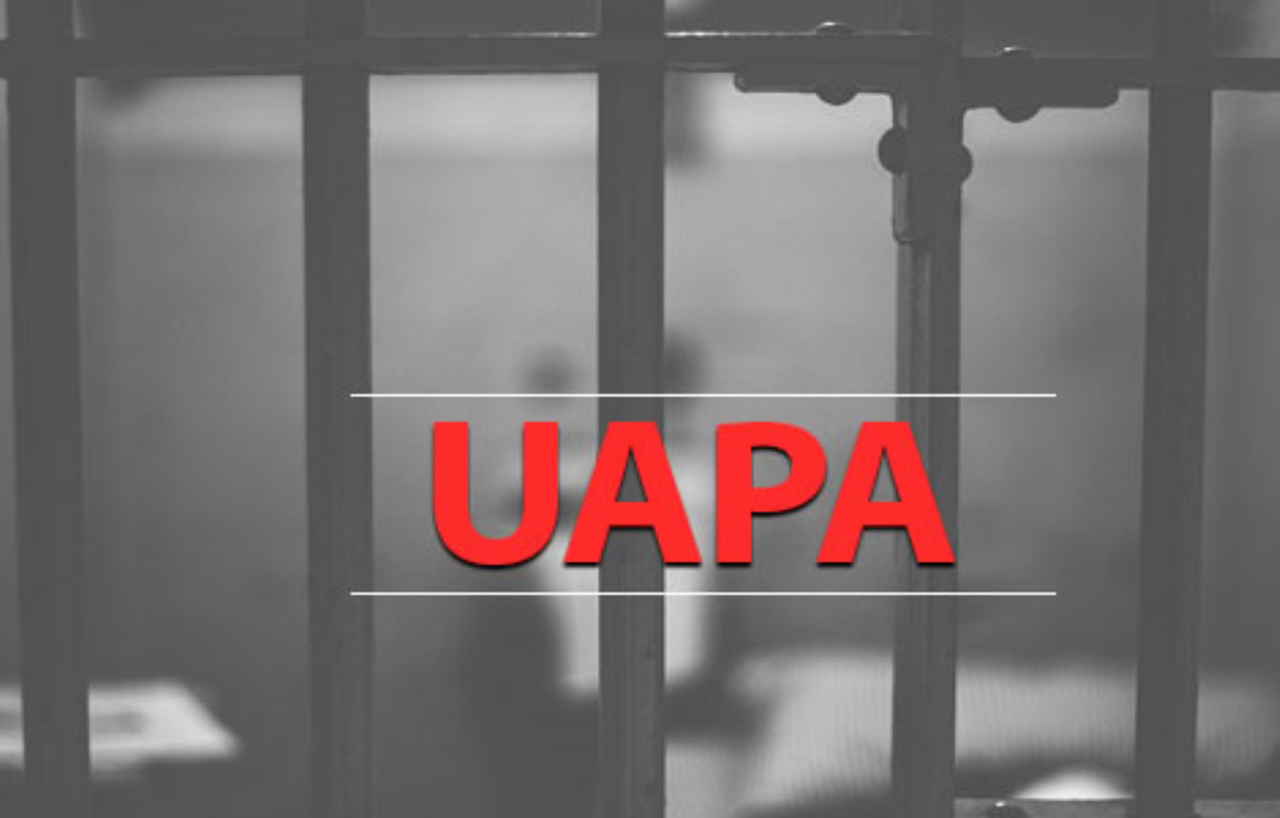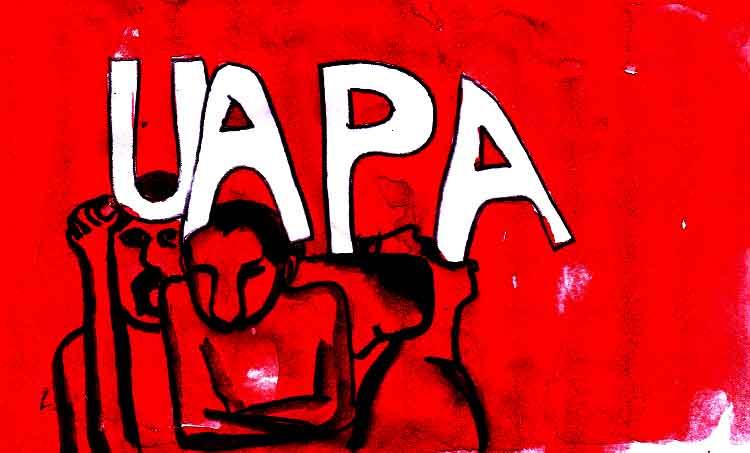In one of the most damaging civil rights judgments in its history, the Supreme Court ruled that mere membership of a banned organisation is sufficient to constitute a criminal offence under UAPA.
Last Friday, on 24 March, 2023, in a significant verdict, a three judge bench of the Supreme Court comprising Justices MR Shah, CT Ravikumar and Sanjay Karol upheld Section 10(a)(i) of the UAPA which makes membership of an association, which has been declared to be unlawful, to be an offence. The court said that mere membership of a banned organisation is sufficient to constitute a criminal offence under UAPA. The Supreme Court ruling came on a review petition filed by the Centre and Assam government seeking recall of the top court’s judgement in 2011 that was strongly opposed by the PUCL.
As per the new ruling of the top court, if a person continues the membership of an organisation, even after it is banned, he would be liable to be punished. Justice Shah reading out the operative portion of the judgement said, “Section 10(a)(i) is absolutely in consonance with 19(1)(a) and 19(2) of the constitution and thus in consonance with the objectives of the UAPA”.
Earlier, in February 2011 the division bench of the SC took a progressive view and rejected the ‘guilt by association’ doctrine. The Supreme Court had ruled that mere membership of a banned organisation does not make a person criminal unless he or she resorted to or incited people to violence. The Court had passed the order while upholding the appeal of Arup Bhuyan, an alleged activist of the banned ULFA, challenging his conviction.
On Friday, a 3-judge bench overruling that judgement said that in 2011 the 2-judge bench had made a mistake by relying on US Supreme Court judgments, as the right to Freedom of Speech and Association as per the Indian Constitution is subject to reasonable restrictions. It also faulted the 2011 judgments for reading down the provisions without hearing the Union of India. The bench noted that the provision in the UAPA has been enacted in furtherance of the interests of sovereignty and integrity of the nation, which are grounds of reasonable restrictions under Article 19.
The reversal of the 2011 judgement will only open the floodgates of misuse of the draconian law by the executive. The UAPA violates two most important fundamental rights guaranteed under the Constitution of India: Articles 19 and 21. It violates the Right to Freedom of Speech and Expression, to Form Associations and Unions and it also violates the Right to Life and Liberty. Already its draconian provisions are being used by the State to incarcerate political and human rights activists, lawyers, workers, students, journalists, artists – just about anyone, who speaks for the rights of the oppressed in this country. It was under UAPA that Prof. Saibaba of the Delhi University, who is 90% disabled, was arrested in 2017 under UAPA for alleged Maoist links. On 20 March 2023, the National Investigation Agency (NIA) arrested Kashmiri journalist Irfan Mehraj under UAPA. Irfan Mehraj is the fourth journalist from Kashmir currently in jail. The arrest of Irfan triggered condemnation and outrage from human rights activists and press bodies who said that “this criminalisation of journalism and human rights activities in Jammu and Kashmir, as well as other parts of India, must stop.” Under UAPA, to get arrested one does not even have to be a member of a banned organisation. Now even check on the executive abuse of the UAPA has been removed. The word “membership” is so broad and vague that the State can make completely baseless allegations and keep people in jail for years without trial.
Eminent Lawyer and Constitutional law expert Gautam Bhatia reacting to the judgement tweeted, “Today, the Supreme Court has given one of the worst and most damaging civil rights judgments in its history.” Advocate Dushyant took to Twitter to express his concerns, “Someone can go on a website and fill a membership form with your name and the state can throw you in prison with near impossible conditions for bail.”


